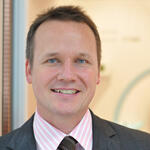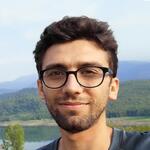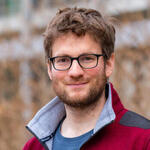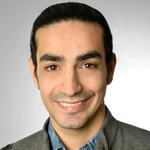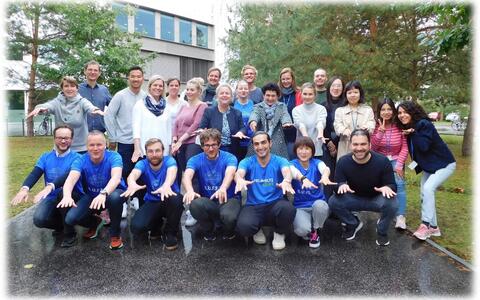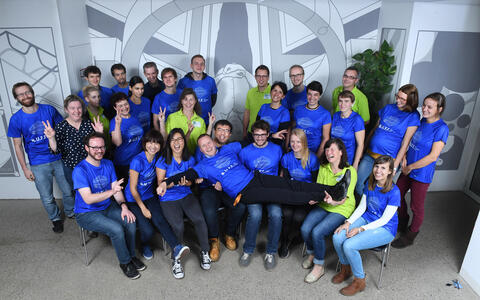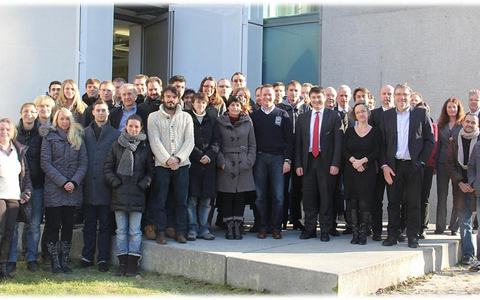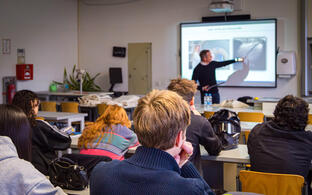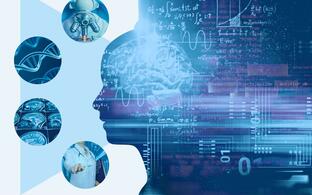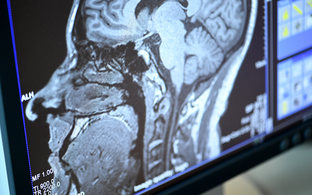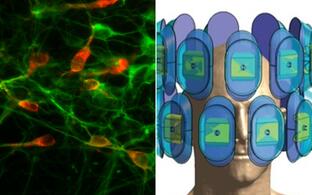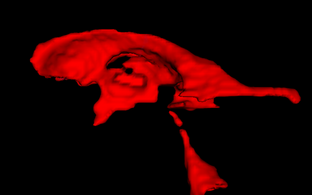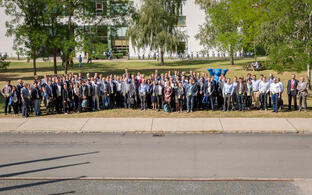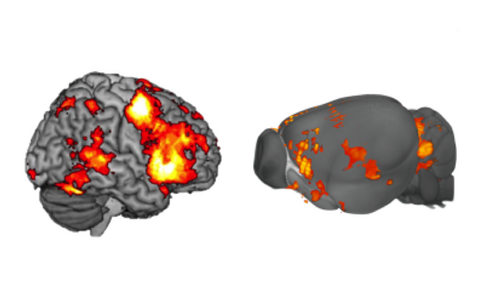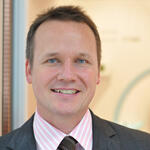
Niendorf Lab
Experimental Ultrahigh-Field MR
Profile
These efforts are designed to spatially resolve and characterize (patho) physiological processes and biophysical mechanisms to promote a transfer from basic research to (pre) clinical studies and vice versa. However, signal-to-noise ratio (SNR) and imaging speed have become an increasingly stringent limit in new MRI applications.
Promising in this regard is the increase in magnetic field strengths available for both animal (9.4 T) and whole-body MR (3.0 T and 7.0 T) scanners, though ultrahigh-field MRI has earned the moniker of being among the most challenging MRI applications.
For further details about resources and projects please visit https://buffportal.mdc-berlin.de.
Latest B.U.F.F. News
April 2019: Inforadio - Wirtschaft und Wissenschaft verzahnt am Campus Buch
March 2019: Prof. Dr. Thoralf Niendorf and Prof. Dr. Tobias Pischon head the MRI examinations of the GNC
February 2019: Good Mentors Make Good Scientists
Events
11th symposium on ultrahigh field MR September 4th 2020
Team
Publications
News
Jobs
Interested candidates may send CV and cover letter to
thoralf.niendorf@mdc-berlin.de.
Alternatively, you can directly apply to one of the following research programs at the B.U.F.F. that recently announced open positions. Please mind the application details in the projects' description.
–––––––––––––––––––––––––––––––––––––––––––––––––––––––––––––––––––––––––––––––––
Post-Doc Positions in Ultrahigh Field Magnetic Resonance
The Berlin Ultrahigh Field Facility (B.U.F.F.) at the Max Delbrück Center for Molecular Medicine (MDC) in the Helmholtz Association, Berlin, Germany is seeking enterprising scientists interested in the development of radiofrequency technology and imaging methodology tailored for ultrahigh field magnetic resonance (UHF-MR).
PhD Positions in Ultrahigh Field Magnetic Resonance
The Berlin Ultrahigh Field Facility (B.U.F.F.) at the Max Delbrück Center for Molecular Medicine (MDC) in the Helmholtz Association, Berlin, Germany is seeking enterprising scientists interested in the development of radiofrequency technology and imaging methodology tailored for ultrahigh field magnetic resonance (UHF-MR).
Translational imaging of brain function
How does the brain work? How does external input impinge on internal brain states? How did the functional underpinnings emerge throughout evolution?
In this cutting-edge research program we apply functional magnetic resonance imaging (fMRI) and complementary techniques to detail brain functions and network dynamics in humans and small animal models, with a strong clinical focus.
Contact: translational.fMRI@mdc-berlin.de
- Application details
-
We currently offer Master and Bachelor thesis projects for a running period of 4-12 months. We are looking for ambitious students with an independent working style, who are keen to learn and grow in an international research environment at the interface of (f)MRI and molecular medicine. [click for details]
-
Application criteria Applicants should ideally hold a background in either psychology, medical or life sciences, (bio)physics, signal processing, statistics, or related fields. Background in fMRI is beneficial, but not required.
Project scope You will learn how to plan and conduct fMRI experiments in humans and/or mice, how to handle and adjust advanced functional MRI protocols, as well as complementary techniques.
Project structure Besides a classical project structure, we provide the opportunity for tandem projects in which two students collaborate and support each other. In this form individual objectives are embedded in a common research project. This makes the work more fun and efficient.
–––––––––––––––––––––––––––––––––––––––––––––––––––––––––––––––––––––––––––––––––

